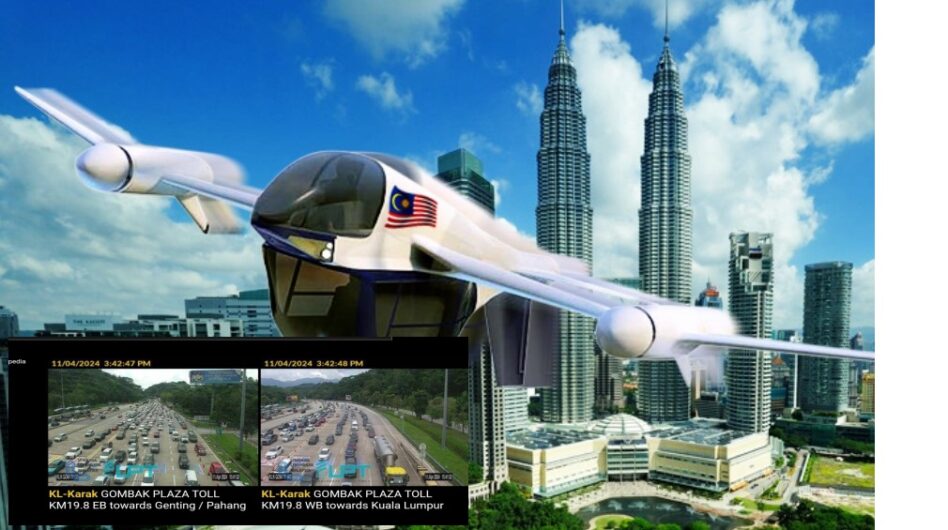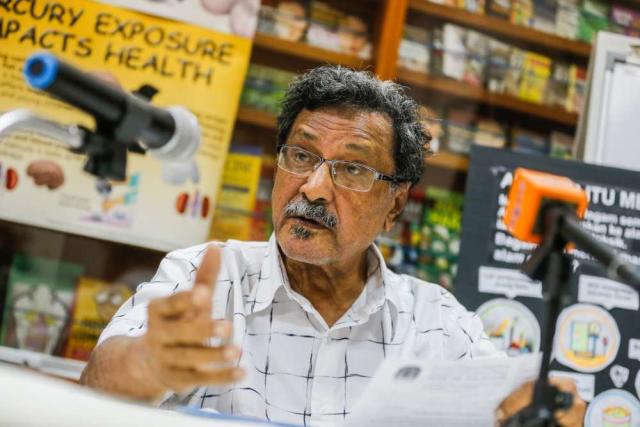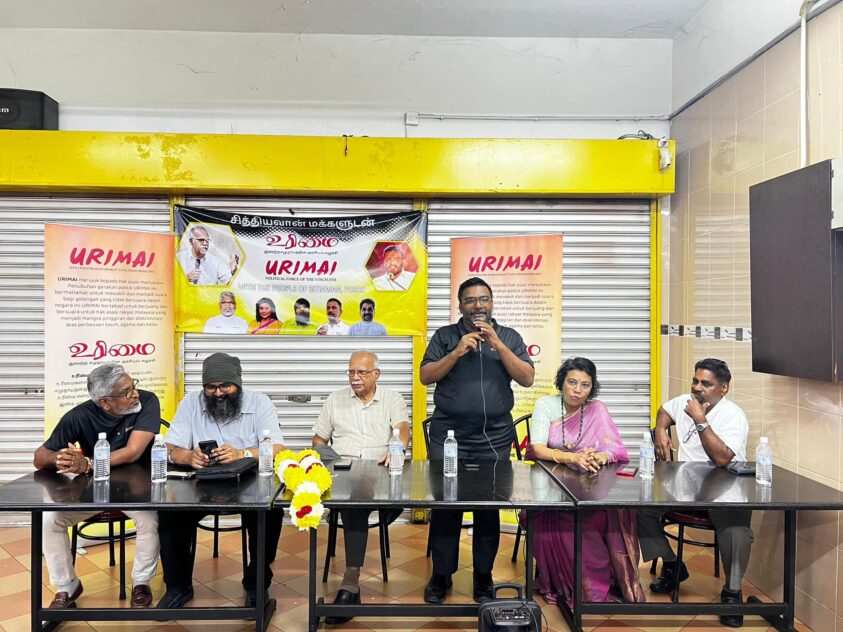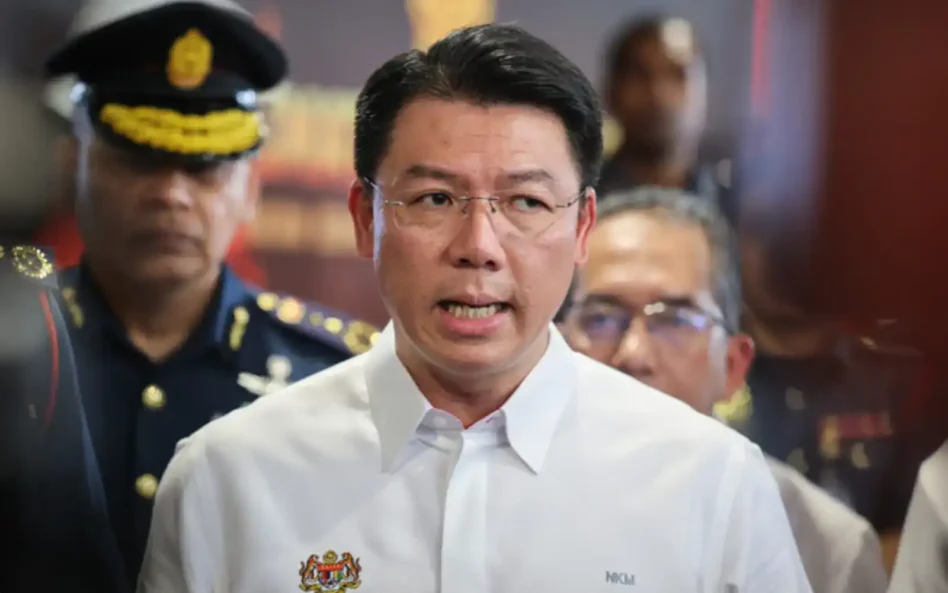WITH COVID-19 exposing weaknesses on the Malaysian socio-economic policies, a DAP veteran said that Malaysia must relook its policies if it ever wants the country to be a stable and prosperous country.
“There won’t be any political stability in time to come if we don’t reform our political perspective on socioeconomic development before exerting long-term institutional reforms,” former Johor DAP chairman Dr Boo Cheng Hau told FocusM.

Yesterday, Prime Minister Datuk Seri Ismail Sabri Yaakob unveiled the 12th Malaysia Plan which would look into turning Malaysia to become a high-income country by 2025.
“With that, we project to keep our annual growth rate between 4.5% and 5.5%, starting this year until 2025.
“By 2025, Malaysian per capita income would touch the RM10,000 mark,” he said, when presenting the plan at the Dewan Rakyat today.
But few quarters have panned Malaysia five-year plans such as veteran politician Datuk Zaid Ibrahim who urged the Government to abandon it altogether as it failed to produce the intended results.
“Just to do away with this five-year plan drama. It’s waste of time and money. India did not do well with it and ditched this developing method because its implementation was flawed.
“Ministers come and go and they change policies as they wish. Civil servants also scuttle the policies when it suits them, with even politicians being unaware of what’s happening,” the former minister was reported saying.
Boo said the “second wave” of nation building should be focused on redistributing economic growth to eradicate poverty, instead of furthering vested interests of the political and corporate elites.
Dynamic institutions, IT savvy leaders
On Zaid’s views, the DAP leader said the administration should have periodic short-term plans like the Malaysia Plans but stressed they must be supported with long-term policies.
“And we need sustainable institutions due to the challenges and opportunities brought by the information age. Policies and its implementations must be reviewed constantly.
“Look at how we managed during the pandemic. It exposed our long-term intrinsic institutional weaknesses in responding to the crisis even after adopting high technology years back,” Boo noted.
He added that it could be seen from how policy makers were having hard time getting latest information needed to make swift and effective decisions to mitigate the COVID-19 crisis.
“The proves we need dynamic institutions and IT savvy decision makers who can respond aptly to immediate crisis but also come up with long-term solutions,” Boo quipped.
On why previous Malaysia Plans failed to achieve the desired results, Boo opined: “The constant U-turns in politics and economic policies was mainly due to redistribution of juicy mega-projects among the political elites.
“That is where the kleptocracy, corruption, cronyism and nepotism thrive.” – Sept 28, 2021.
Pic credit: Nikkei Asia










